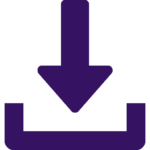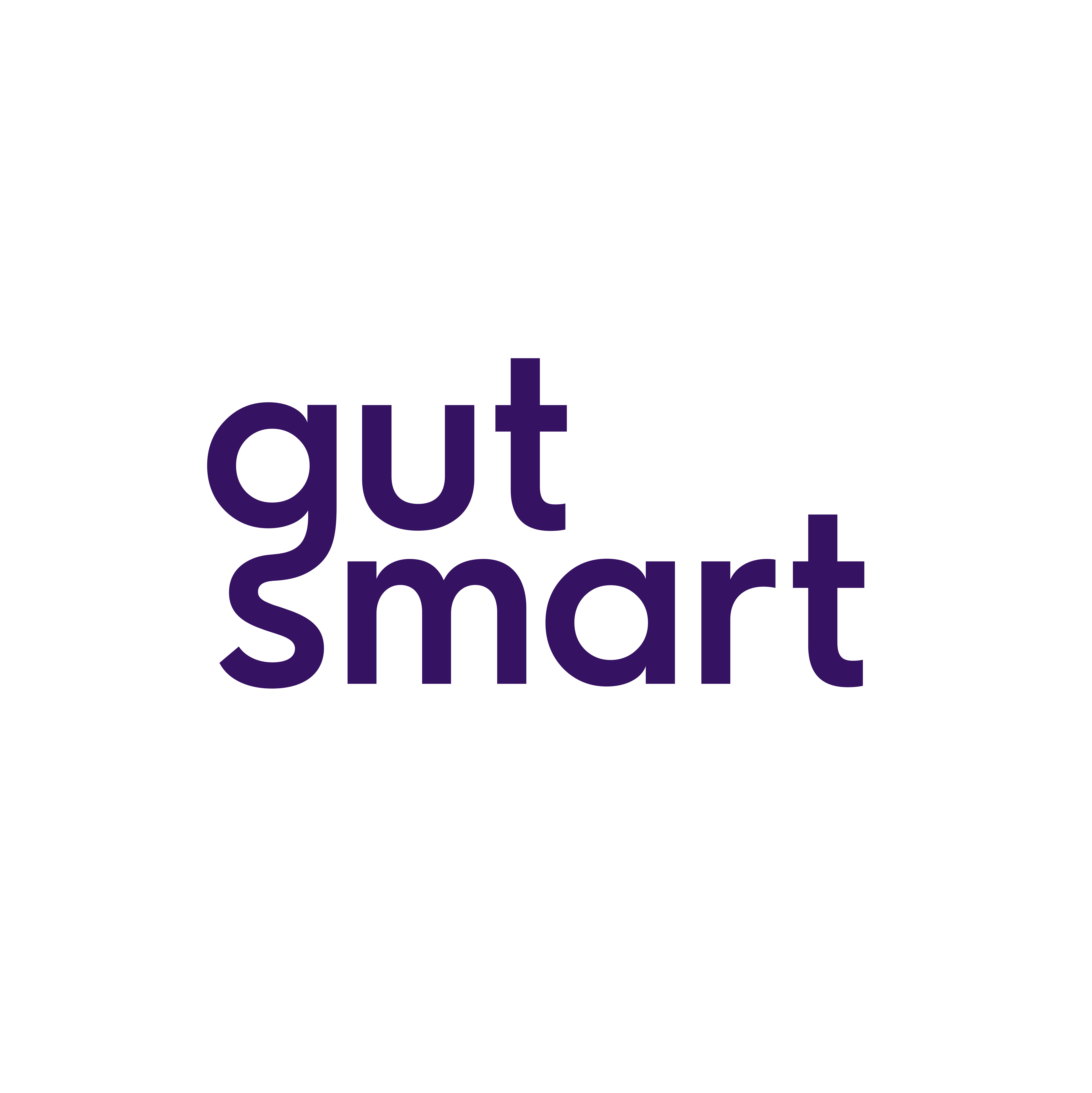Eating Well When Feeling Unwell with IBD
Key points
- When unwell you may eat less and not absorb your food well.
- You may lose weight and have other nutrition issues.
- Choose nourishing foods high in protein, energy and good fats.

This dietary resource developed by GI DREAM provides general dietary information for people with Inflammatory Bowel Disease (IBD).
Active IBD can affect digestion and may cause abdominal pain, bloating, nausea and/or diarrhoea which may lead to eating less. Inflammation and past surgeries can also affect absorption of nutrients. For some, weight loss, lower energy levels and reduced muscle strength can occur. This resource provides some tips on how you can improve your nutrition, whilst not feeling or eating well.
What are the signs that you may not be getting enough nutrition?
- Unintentional weight loss (e.g clothes feeling looser)
- Feeling tired, fatigued and having difficulty concentrating
- Low mood or feeling irritable
- Not having enough energy to participate in regular exercise
- Falling or tripping more often
- More frequent infections and a slower recovery
- Slow wound healing
- Hair loss or brittle nails
What should you do if you are not getting enough nutrition?
If you are experiencing any nutritional issues or you feel your disease is not well controlled, speak to your doctor about your IBD. You can also ask your doctor to refer you to an IBD dietitian who can help you to get the nutrients your body needs to heal. Getting enough protein, energy and good fats in your diet can help you maintain or rebuild your muscle strength.
What can you do whilst you are waiting to see a dietitian?
- Eat regularly, including a small meal or snack every few hours
- Have a small serve of savoury food followed by sweet food (e.g. sandwich + yoghurt)
- Include protein foods with each meal (e.g. milk, cheese, ricotta, yoghurt, nuts*, tinned legumes/baked beans, eggs, fish, tofu/tempeh, chicken, meat)
- Include more foods rich in healthy fats with your meals, including avocado, nuts and nut butters*, seeds, olives, olive oil, and oily fish in your diet
- Include more nourishing drinks (e.g. fruit smoothies, lassi, milky chai, hot cocoa, milk, fruit juices, Milo®, Sustagen®, Ensure®)
*if you have strictures, speak with your IBD dietitian about nuts.
Nourishing meal ideas
Breakfast

- Wholegrain/rye toast OR Lebanese flatbread/roti/injera with: nut butter*, avocado, grilled cheese, cottage cheese, ricotta
- Scrambled eggs, baked beans, ful medames (spiced fava beans), spiced labneh, sardines or tinned mackerel
- Cereal, porridge, overnight oats, granola or muesli with milk or plant-based milks (e.g. soy, almond), topped with fruit and chopped nuts*
- Congee/rice porridge with soft egg, tofu, fish, or vegetables
- Smashed avocado + poached eggs on wholegrain/rye toast
- Glass of full cream milk, milky coffee (e.g. Vietnamese cà phê sữa đá), chai (Indian or Pakistani style), juice, smoothie, Turkish or Arabic coffee with milk
Lunch
- Leftovers with a bread roll and butter or flatbread/roti/ steamed rice/couscous
- Sandwich, wrap, roll, bagel OR bánh mì/lavash wrap/injera rolls with: roast meats, egg, tinned fish, hummus, cheese and salad
- Falafel, grilled halloumi, labneh, pickled vegetables
- Shredded chicken with tamarind chutney/satay sauce/sambal
- Quiche or Frittata with vegetables
- Vegetable and legume-based soups OR lentil soup (Middle Eastern shorbat adas) with grilled cheese on toast
- Sushi rolls with fish, chicken, tofu, meat filling OR kimbap, rice paper rolls, or onigiri
Dinner
- BBQ fish, chicken, meat with potato salad and vegetables OR served with raita, injera, rice, kimchi or fermented vegetables
- Stir-fried vegetables with tofu, nuts*, fish, chicken or meat with rice, noodles or vermicelli/flat rice noodles/millet
- Baked dishes like tuna mornay, shepherd’s pie, pasta bake with salad OR moussaka, baked biryani, enchiladas, vegetable tagine
- Stews/casseroles with vegetables, legumes, protein and sides like mashed potato, polenta, couscous, fufu, ugali, roti or flatbread
- Legume-based dishes with rice, roti or naan (e.g. lentil curry, dhal, chilli con carne) OR jollof rice, peanut stew, daal makhani, kari-kari, koshari
Snack ideas
- Handful of nuts, dark chocolate coated nuts*
- Dried fruit, Medjool dates, fruit straps* OR Middle Eastern ma’amoul, date balls, dried mango
- Fruit topped with Frûche®, yoghurt, custard, rice cream OR lassi, coconut yoghurt, kefir
- Crackers, wraps or crumpets with butter, honey, jam, nut butter*, vegemite, cheese, avocado, hummus, roast meats, tuna OR zataar mix, dukkah, sambal, curry spread
- Banana bread, fruit bun, homemade cakes/biscuits, bliss balls
- Nourishing drinks: fruit smoothie, frappe, iced chocolate, milo, Up & Go™, Sustagen®, chai, milky coffee OR date shakes, horchata, rose milk, soy milk with sesame or mung bean
*if you have strictures, speak with your IBD dietitian about nuts and modifying fibre

Acknowledgements:
This resource was developed in 2022 by the DECCAN Education Materials Working Group and reviewed by the GI DREAM Board in line with ECCO Consensus on Dietary Management of IBD (2025). Requests and enquiries about this document should be directed to [email protected] or website www.gidream.org. GI DREAM does not take any liability for any injury, loss or damage incurred by the use or reliance on this information. Reviewed August 2025. Date for review August 2027.

